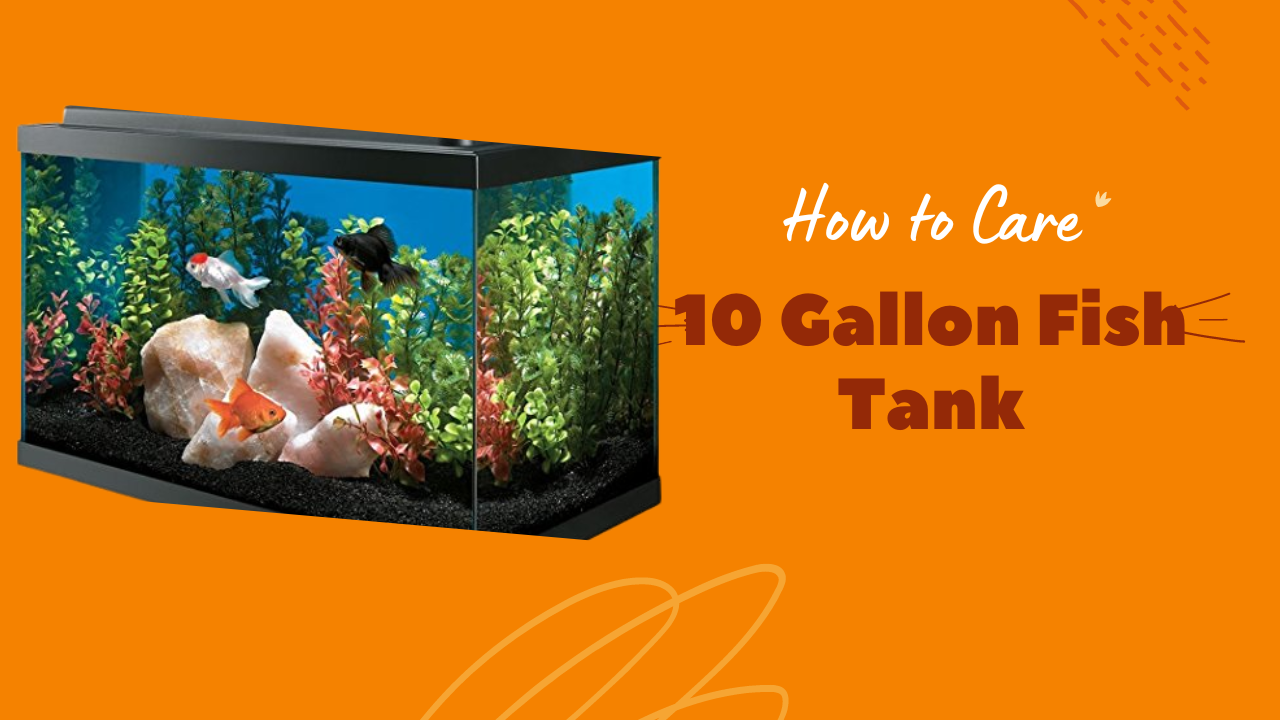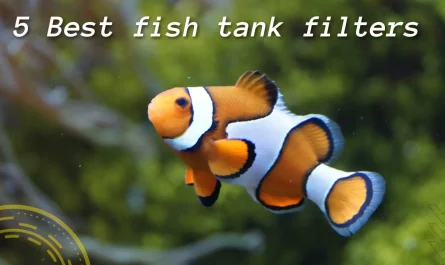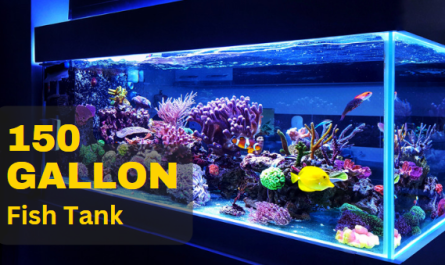Building and managing a fish tank can be an exciting hobby that enables you to create an aquatic oasis. A 10 gallon fish tank is a good choice for beginner and experienced aquarists due to its manageable size and versatility. Learn how to create a healthy home for your fish in this guide on setting up and caring for an aquarium.
Location Selection Locating your fish tank properly is essential to its success and should be carefully considered. Find a flat and strong place to hold it. Consider factors such as sun, balance, and ease of access when making your choice. Keep direct sunlight out, which could lead to algae growth and temperature fluctuations.
Table of Contents
Essential Equipment
Gather all the essential equipment to provide your fish with a suitable habitat. Get a 10-gallon tank made of glass or acrylic for a clear view and durability. Also, buy a good filter with mechanical, chemical, and biological filters to keep the water clean and free of waste.
You might need a heater for your fish tank, depending on the type of fish you have. You will need a thermometer to check the water temperature.
Additionally, you should get something to cover the bottom of the tank. Decorations will keep your fish happy. Lastly, lights will help plants grow if desired.
Setting Up an Aquarium
Proper setup of an aquarium tank is critical to keeping fish alive and well. Start by thoroughly cleaning it using warm water and non-toxic aquarium cleaner; rinse to remove residue. Put the substrate layer in and make sure it’s clean. Then, attach the filter system as instructed by the manufacturer for good water flow.
Lastly, connect any required heaters, such as thermometers. Add water to the tank slowly.
Wait for the substrate to settle. Then, put in decorations and plants. This will make the fish’s home look nice.
Before adding fish, it is necessary to establish a nitrogen cycle in your aquarium. This allows beneficial bacteria to colonize the filter system and convert ammonia into less harmful compounds. There are tank cycling methods a tank: fishless cycling and fish-in cycling.
Fishless cycling uses ammonia to grow good bacteria, while fish-in cycling adds fish to speed up the process. Regardless of your approach, regular monitoring and partial water changes should occur until established until this cycle is set.
Selecting Compatible Fish
Research and select fish species that will thrive in a 10 gallon tank. Think about size, behavior, and water quality to keep your tank inhabitants happy and healthy.
Fish such as bettas, guppies, neon tetras, and dwarf gouramis can coexist in an aquarium. This is possible if they require the same temperature and water conditions. This can help prevent fights and aggression. Seek advice from knowledgeable aquarium staff or experienced aquarists when selecting fish that will thrive in this tank environment.
Feeding and Maintenance
Feed your fish on a schedule to keep them healthy. Learn about the species in your 10 gallon tank to know what they need to eat. One main cause is overfeeding, which can lead to severe problems like poor water quality and health problems for fish. So only feed your small portions that they can consume within minutes.
Remove any uneaten food to protect water quality. Make sure to perform regular maintenance tasks, including water testing, partial water changes, and cleaning the tank and equipment. Use a siphon to clean the bottom of the tank and wipe the glass with soap during water changes. Monitor for signs of illness or distress among fish and take necessary actions as soon as they appear.
Troubleshooting and Common Issues
Keeping a 10 gallon fish tank is usually easy, but you might have problems like algae, cloudy water, or temperature changes. These issues should all be taken seriously as potential threats.
To combat algae growth, reduce lighting duration, avoid direct sunlight, and maintain optimal water parameters. Cloudy water can happen if you feed too much, have bad filters, or too many bacteria. Fix it by using good filters, not overfeeding, changing the water, and having good filtration.
Temperature fluctuations can be easily mitigated with a reliable heater and regular monitoring your tank’s temperature. Also, be informed of common fish diseases and take appropriate steps to treat and prevent them. By providing routine maintenance and observation checks, you’ll quickly address any issues and ensure a healthy and flourishing fish tank environment.
Final Thoughts
Establishing and caring for a 10 gallon fish tank takes careful planning and attention to detail. Choose a good spot to make a good home for your fish.
Get the right stuff for the tank. Set up the tank correctly. Cycle the tank regularly. Pick fish that get along. Keep up with cleaning.
Remember to research their specific nutritional and care needs to provide optimal conditions. As you get better, try bigger tanks. Have fun taking care of them and seeing them thrive in a 10 gallon home. For more details about 20 gallon fish tank filter click here.


